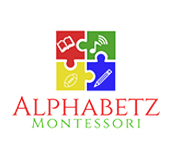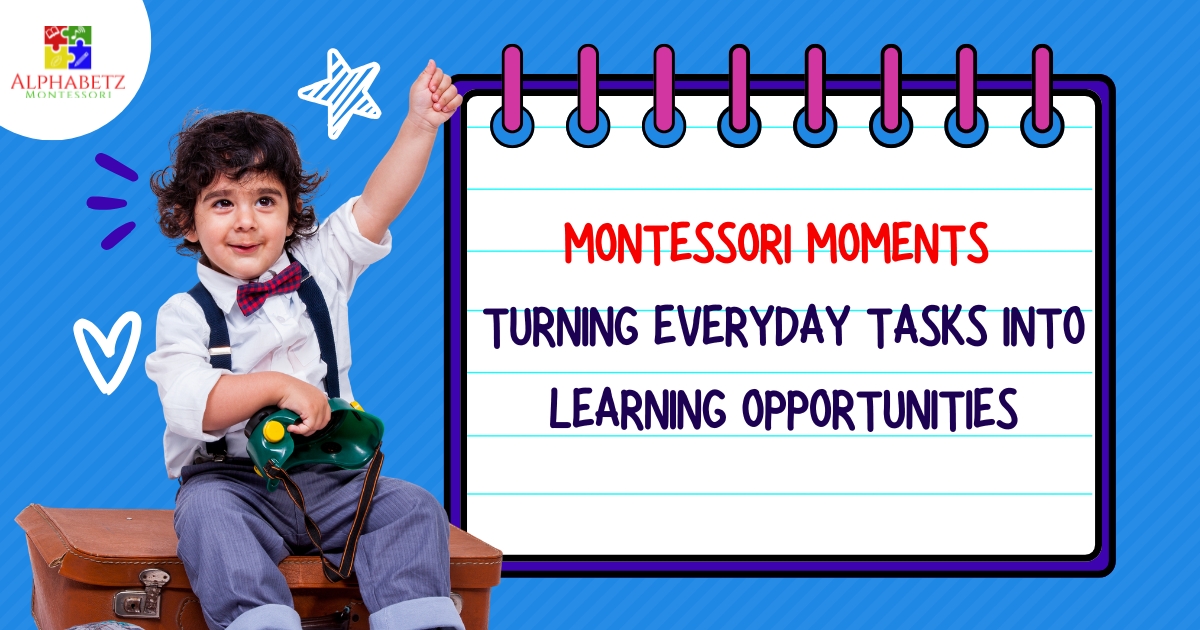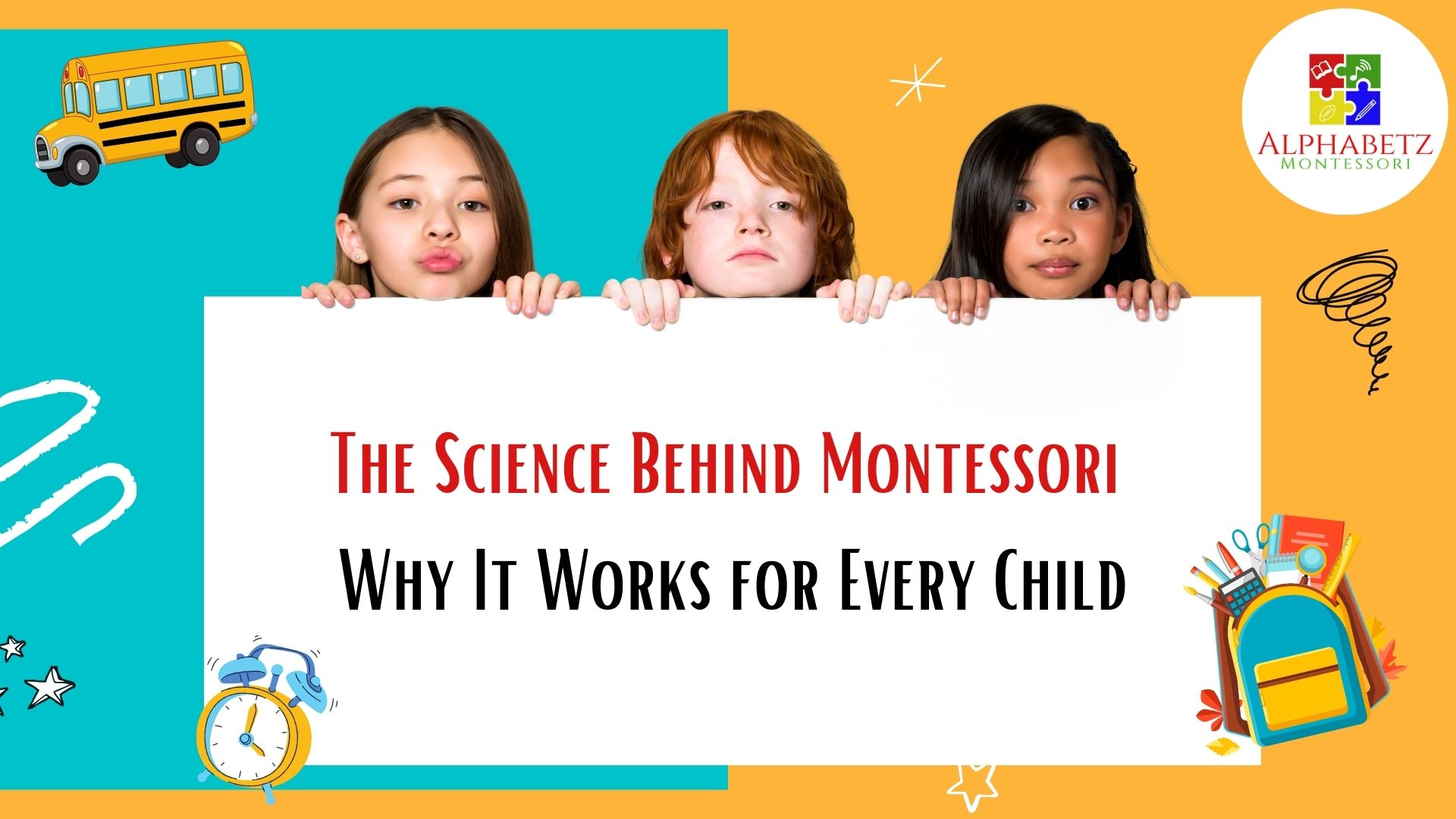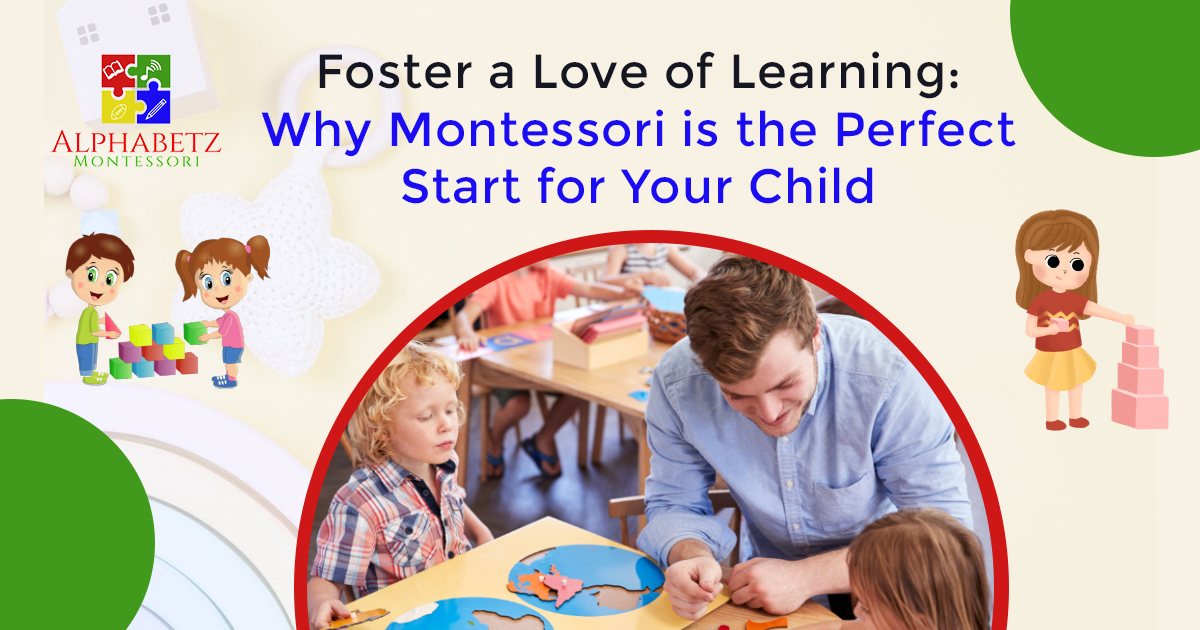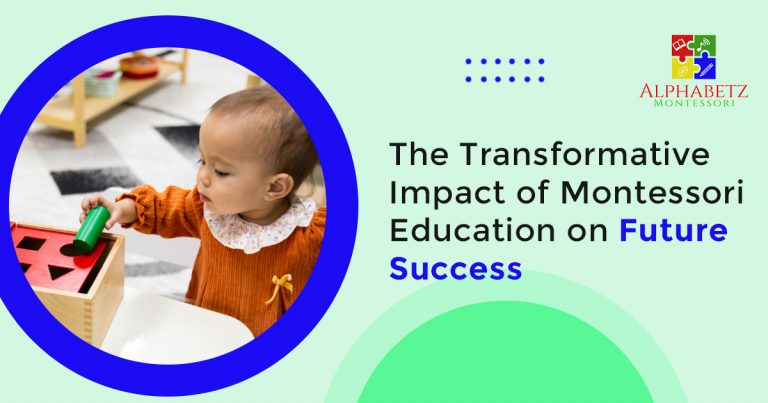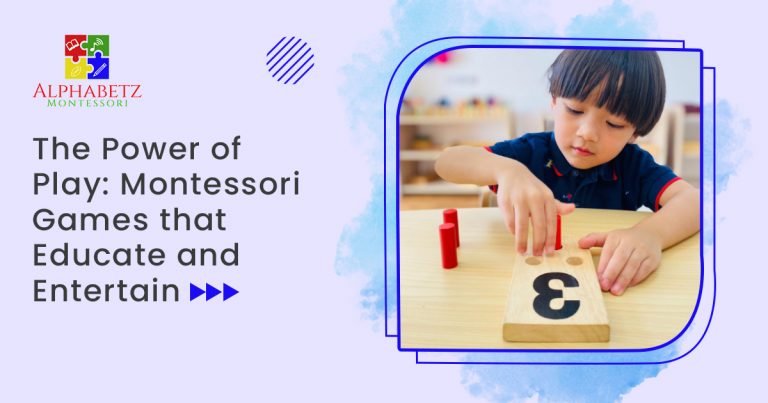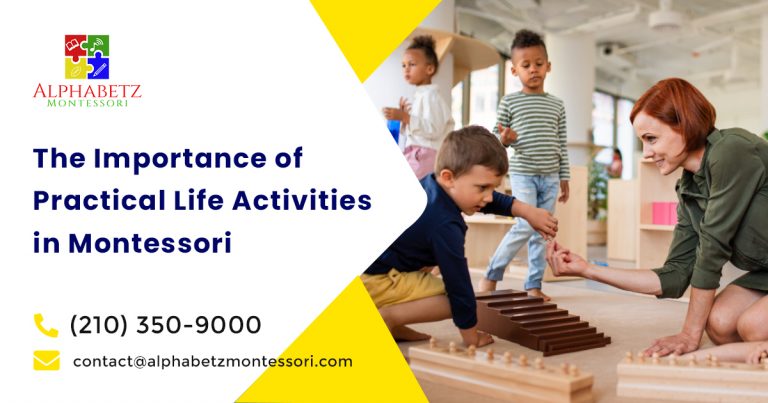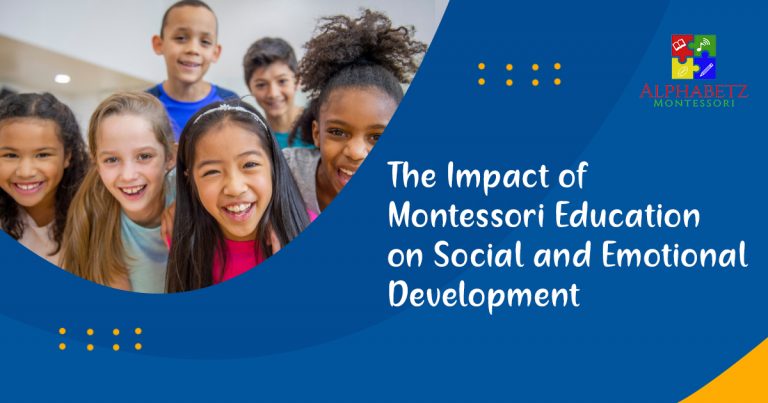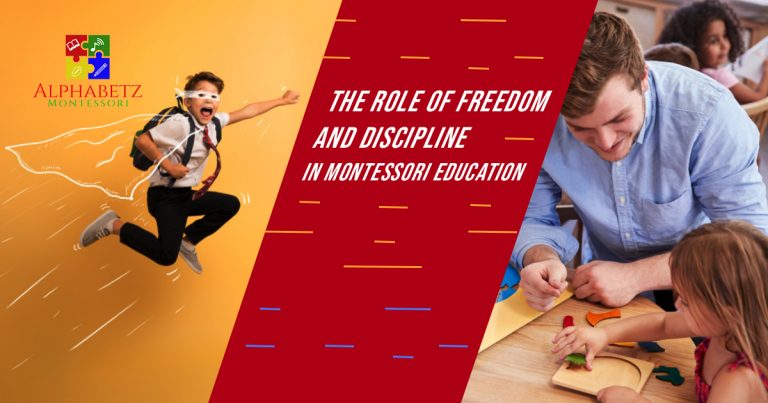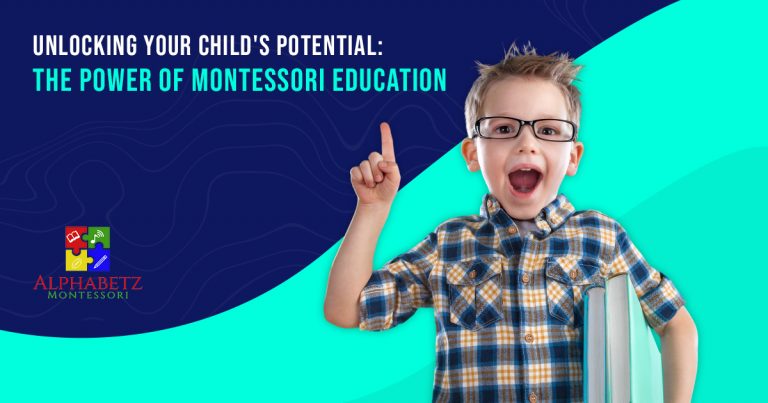Discover Montessori in San Antonio with Alphabetz Montessori’s blog. Explore holistic development and nature-inspired learning for your child’s best education.
In Montessori philosophy, learning isn’t confined to a classroom—it’s woven into every part of a child’s day. Everyday tasks like cooking, cleaning, gardening, or setting the table may seem simple, but they are rich with opportunities for growth, independence, and joy. At Alphabetz Montessori, we believe these daily activities are powerful tools to nurture skills that last a lifetime. Why Everyday Tasks Matter in Montessori Learning Montessori education emphasizes practical life activities—real-life tasks that help…
In today’s fast-paced world, parents are constantly searching for the best education for their children—one that nurtures creativity, fosters independence, and instills a lifelong love of learning. Montessori education has been a time-tested, research-backed approach that provides all of this and more. But what exactly makes Montessori so effective? Let’s explore the science behind Montessori education and how Alphabetz Montessori brings these principles to life, offering your child the best start to their academic journey.…
As parents, we all want to give our children the best possible start. Our choices during their early years can profoundly impact their future, shaping their values, abilities, and overall approach to life. One of the most significant decisions you’ll make is choosing the right educational environment for your child. Among the various educational philosophies available today, Montessori education stands out as a remarkable approach that fosters a lifelong love of learning. The Montessori Philosophy:…
Summer is a time of freedom and exploration for children, a break from the routine of school that opens up opportunities for growth and learning in new environments. One such opportunity is offered by Alphabetz Montessori through its summer camp program. Alphabetz Montessori, rooted in the Montessori educational philosophy, emphasizes self-directed activity, hands-on learning, and collaborative play. But when considering a summer camp for your child, one question often arises: "Will my child be fed…
In an era where educational approaches shape the trajectory of a child's future, Alphabetz Montessori stands out as a beacon of holistic learning, transcending traditional boundaries to foster a comprehensive foundation for success. This unique educational philosophy not only propels academic achievement but also instills essential life skills crucial for navigating the challenges of tomorrow. Join us as we explore how Alphabetz Montessori paves the way for lifelong success. Nurturing a Passion for Lifelong Learning…
In the modern world, children are often bombarded with screens and electronic devices that can limit their engagement with the physical world. As a result, the importance of play, particularly in an educational context like Montessori, cannot be overstated. The challenge lies in finding games that not only capture a child's attention but also contribute to their educational development. Montessori education has long recognized the significance of play as a powerful tool for learning. Engaging…
In the realm of Montessori education, there is a deep-rooted commitment to providing children with a holistic learning experience that encompasses not only academic knowledge but also practical life skills. This unique approach is a hallmark of Montessori schooling, and it's essential for fostering the development of well-rounded, independent, and capable individuals. What Are Practical Life Activities in Montessori? Practical life activities are a fundamental component of the Montessori education system. These activities encompass a…
At Alphabetz Montessori, we believe in fostering well-rounded development in children, and that extends beyond academics. One of the remarkable aspects of Montessori education is its profound impact on a child's social and emotional growth. In this blog post, we'll explore how the Montessori approach nurtures these crucial aspects of development and equips children with valuable life skills. The Foundation of Social and Emotional Learning in Montessori: Montessori education places a strong emphasis on creating…
At Alphabetz Montessori, San Antonio, TX, we embrace the Montessori method, which emphasizes the importance of freedom and discipline in a child's educational journey. In this blog post, we will explore how the balance between freedom and discipline creates a nurturing environment for children to thrive and develop essential life skills. The Montessori Philosophy: The Montessori philosophy believes that children have an innate drive to learn and explore their environment. They are natural seekers of…
Welcome to Alphabetz Montessori, where learning is an adventure! We understand that choosing the right school for your child is a crucial decision, and we're here to guide you through the remarkable benefits of Montessori education. This blog post explores how we nurture a lifelong love of learning in your child through our unique approach to learning. Join us as we unveil the key reasons why Alphabetz Montessori is the perfect choice for your little…
